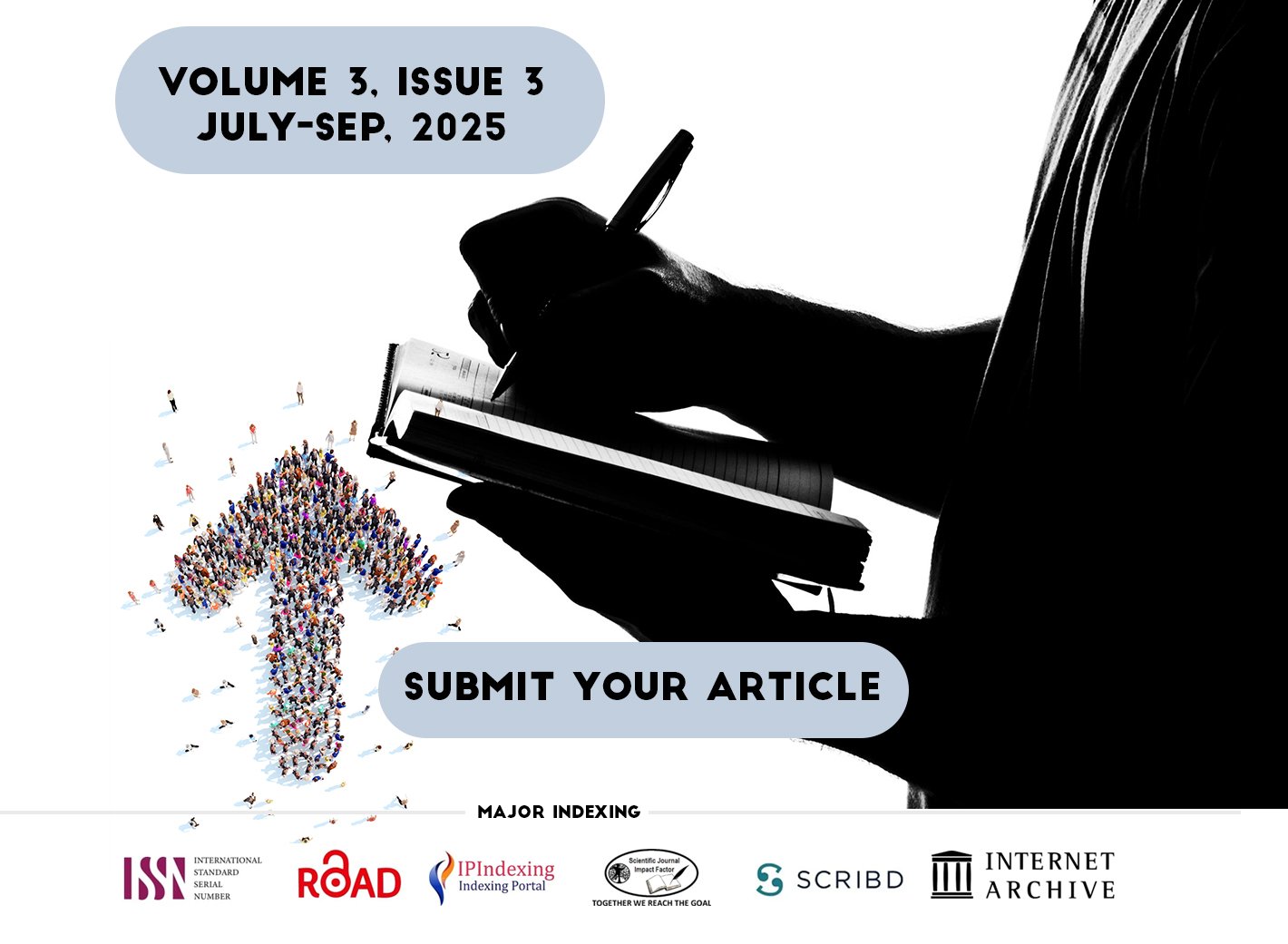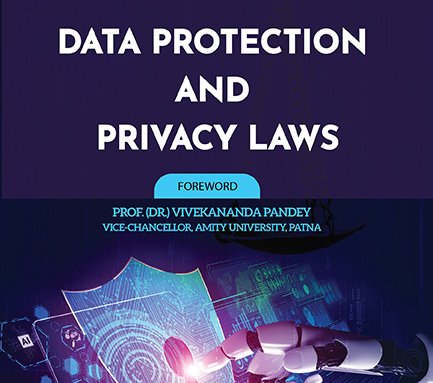Introduction
One of the biggest legislative changes to India’s digital policy environment is the Promotion and Regulation of Online Gaming Act, 2025.¹ Regardless of whether they are classified as games of skill or chance, the law forbids all real-money online gaming and imposes criminal penalties on those who engage in it.¹ Critics contend that this is unduly restrictive and out of step with international trends, despite the government’s defense that it is a precaution against addiction, fraud, and financial ruin.¹
This article assesses the Act’s constitutionality, considers whether such a stringent approach is required, and compares India’s course to that of other jurisdictions, such as Western nations, Australia, and some Asian nations. It also takes into account how historical experiences and cultural priorities—such as India’s own connection to gambling in the Mahabharata—influence legal strategies for online gaming.¹
Constitutional Scrutiny in India
Regardless of whether the game is skill-based (like rummy, poker, or fantasy sports) or
chance-based (like lotteries and slots), the Act makes real-money gaming illegal.¹ This brings up significant constitutional issues.
Freedom of profession and trade (Article 19(1)(g)).² Indian courts have repeatedly ruled that although the government may regulate certain industries to safeguard the public interest, a complete ban must pass the stringent requirements of proportionality and necessity.³ Federalism is a concern. Under Entry 34 of the State List, gambling and betting have historically been regarded as state subjects. t The 2025 Act raises questions about legislative overreach because it imposes a centralized nationwide ban.¹
Severity of the sanctions. Critics contend that the law’s harsh penalties and imprisonment provisions could push gaming offshore or underground, negating the very goal of regulation.¹ Judicial review will probably look at whether India has chosen excessive centralization and control or whether the law uses the least restrictive methods to further a legitimate state interest.¹
Social Welfare vs. Individual Liberty
The conflict between individual liberty and social welfare is at the heart of the constitutional debate. Article 19(6) gives the State the authority to impose reasonable restrictions in the public interest, while Article 19(1)(g) permits the freedom to engage in trade or profession.²
The government argues that the prohibition is required to address issues of addiction, debt, fraud, and family dissolution. India has historically had a negative cultural perception of gambling. The Kurukshetra war was started by the well-known dice game from the Mahabharata, signifying how gambling can bring down entire societies. Even though the medium is now digital, the fundamental issue is still that unregulated gaming undermines social stability and moral order.
However, critics argue that a total ban unnecessarily limits innovation and entrepreneurial freedom in a growing digital economy. They point out that Australia and Western countries achieve similar social protections through licensing, regulation, and consumer protections.
In the end, the judiciary will have to decide whether the proportionality doctrine would have permitted a more balanced regulatory model or whether India’s social welfare priorities justify such a broad restriction.
Models in Western Countries
Regulation is preferred over prohibition in Western jurisdictions.
The United Kingdom. While strictly regulating advertising, anti-addiction measures, and
operator conduct, the Gambling Act offers a licensing framework that legalizes online
gaming.
European Union. Strong licensing laws and robust consumer protections are upheld in nations like France, Spain, and Germany. Instead of focusing on criminalization, regulation promotes market innovation and responsible gambling.
United States
States have different policies. Utah and Hawaii completely forbid gambling, while Nevada and New Jersey allow online casinos and poker. In general, the trend is dominated by regulation.
These systems, which only impose severe penalties on unlicensed operators, strike a balance between consumer protection and economic liberty.
Australia’s Approach
Australia is an example of a middle ground. While some high-risk games, such as online casinos, are prohibited by the Interactive Gambling Act, sports betting and lotteries run by authorized operators are allowed. States regulate day-to-day operations, while federal law establishes minimum standards.
Important characteristics:
Operators and providers, not players, are the targets of penalties. Strong harm reduction strategies include public awareness campaigns, advertising bans, and self-exclusion programs. A regulatory equilibrium between social protection and consumer choice. Australia demonstrates how licensing and partial prohibition can protect consumers and maintain freedoms.
Asian Regulatory Diversity
Severe prohibitions. The majority of online gambling is illegal in China, South Korea, Vietnam, Indonesia, and Malaysia due to moral concerns and potential social harm.
Models for licensing. The Philippines manages PAGCOR, a large-scale licensing authority that regulates the sector and generates state revenue.¹
Systems that are mixed. In integrated resorts, Japan permits restricted, controlled gaming. Hong Kong and Macau run sizable land-based casino industries but forbid the majority of online gambling.¹¹
Asia’s diversity reflects both economic pragmatism and cultural and moral concerns.¹¹
Cultural Considerations
Cultural values are frequently reflected in legal systems. Morality and social protection drive policymaking in India and much of Asia, resulting in laws that are either prohibitive or restrictive. Epics like the Mahabharata, which depict gambling as destructive, continue to shape the public’s perception.
Western nations, on the other hand, prefer regulated freedom over prohibition because they place a greater value on individual liberty and market innovation. Australia’s hybrid legal and cultural traditions reflect its straddling of two worlds.
Necessity and Strictness
The main query is whether India’s total prohibition was actually required.
Backing for the prohibition. Advocates contend that a broad ban is warranted due to the increase in addiction, suicides connected to gaming debt, and abusive business practices. They contend that gaps would have been left by a disjointed state-level framework.¹
Criticism of the prohibition. Critics maintain that harms could have been addressed without destroying an industry that employs thousands of people and draws investment if there had been a central licensing framework with robust safeguards, as in the UK or Australia.
Supporters point out that social realities in India are different, though. The risk of harm is disproportionately higher because the welfare state is weaker and people are less financially literate than in the West. Therefore, in the context of India, it is arguable that stronger controls are necessary.¹
Conclusion
India’s online gaming ban reflects a conscious choice: to prioritize social protection and
cultural morality over individual freedom and market expansion. While global comparisons suggest that regulation could have been a less restrictive alternative, India’s unique socio-economic realities and historical apprehensions around gambling provide a strong justification for the prohibition.¹
The ultimate test will be judicial review — whether courts uphold the law as a proportionate response to pressing social concerns. Regardless of its legal fate, the Act demonstrates India’s willingness to diverge from Western liberal models and follow a path shaped by its own constitutional philosophy, cultural memory, and welfare priorities.¹
Endnotes
1. Promotion and Regulation of Online Gaming Act, 2025.
2. Constitution of India, Article 19(1)(g).
3. State of Bombay v. F.N.Balsara, AIR 1951 SC 318.
4. Constitution of India, Seventh Schedule, State List, Entry 34.
5. Mahabharata, Dice Game Incident, Kurukshetra Context.
6. Gambling Act 2005 (UK); Interactive Gambling Act 2001 (Australia).
7. Nevada Revised Statutes; Hawaii State Constitution.
8. Australian Gambling Regulation Framework; Interactive Gambling Act 2001 (Australia).
9. Chinese Criminal Law (amended 2015); South Korea Gaming Act.
10. Philippine Amusement and Gaming Corporation (PAGCOR)Act.
11. Japanese Integrated Resort Implementation Act; Macau Gaming Law; Hong Kong Gambling Ordinance.





